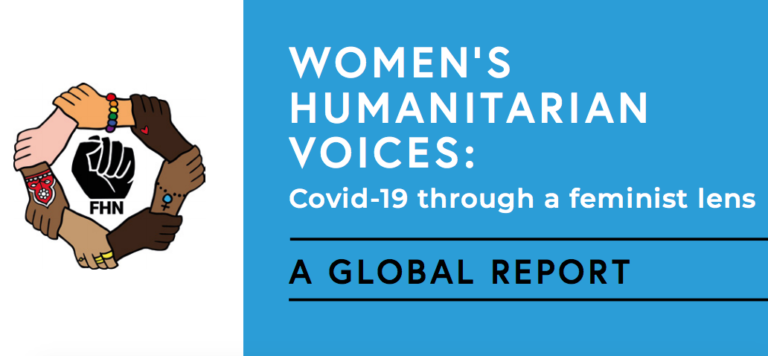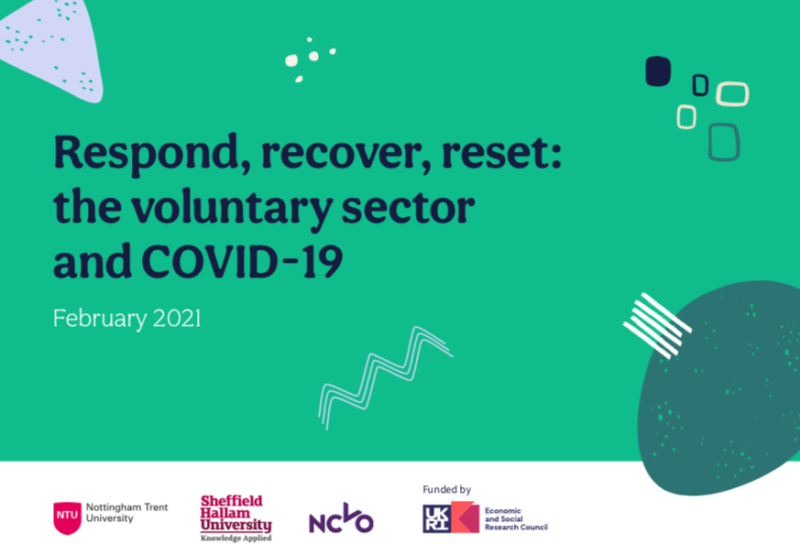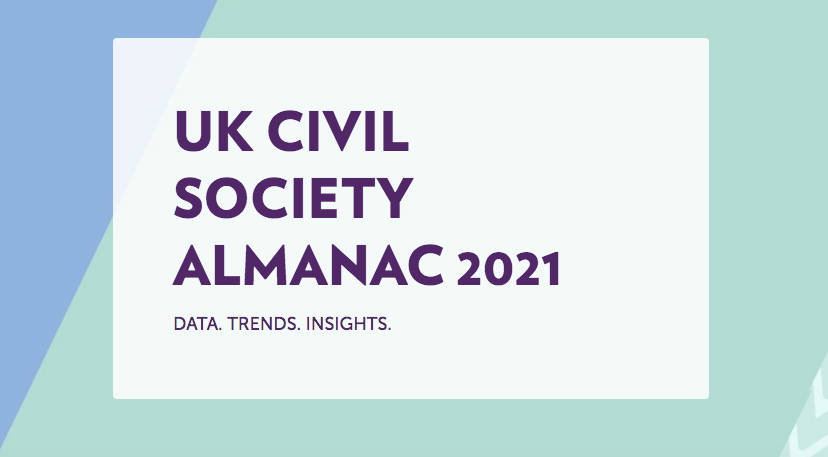Situation for women’s rights organisations in Global South worsened during pandemic

Women’s rights organisations play a vital role on the Covid frontlines, but are excluded from decision-making, and response and recovery planning – a situation that has intensified during the past year, a report has found.
The report, Women’s Humanitarian Voices: Covid-19 through a feminist lens from the Feminist Humanitarian Network, brings together key learnings from research in eight countries – Liberia, South Africa, Nigeria, Kenya, Lebanon, Palestine, Bangladesh, and Nepal.
It shows the solutions women’s rights organisations (WROs) established in order to overcome funding challenges that worsened for organisations representing women and girls in the Global South, yet how the patriarchal humanitarian and government systems they operate within continue to exclude them from decision-making in crisis response and recovery planning.
Advertisement
The evidence indicates that throughout the Covid-19 pandemic, WROs have continued to play a critical role in ensuring access to vital health and education services for women and children, support services to respond to increased levels of gender-based violence, and financial support for women whose livelihoods have been compromised. In each of the research countries, the findings highlight that one of the greatest strengths of WROs is their close connection and implicit trust with communities, making them, it says, uniquely equipped to run prevention and awareness-raising activities.
However, the exclusion of WROs from emergency committees was a recurrent theme in the country reports and the report reveals how the pandemic and the response to it disproportionately impacted women, highlighting long-standing systemic challenges that are also relevant to crises beyond the pandemic. In Lebanon, one organisation reported that violence against women in 2020 had increased by 60% and against children by 30% compared to 2019. WROs in Nepal and Palestine reported an increase in suicide and suicidal tendencies amongst women. In Palestine, self-harm increased drastically for women, with a 466% increase since 2019 (or six times higher than in pre-Covid-19 times).
The findings show that WROs also encountered a number of bureaucratic challenges accessing funding from United Nations agencies and International Non-Governmental Organisations. These ranged from excessive due diligence and permit requirements to qualify them for funding, to programmes that excluded them from information about funding opportunities. According to the report, the impact of this hindered the scope and continuity of services WROs could provide during the Covid-19 crisis and also compromised their long-term sustainability.
Naomi Tulay-Solanke, Feminist Humanitarian Network Steering Committee member and Executive Director of Community Healthcare Initiative, Liberia, commented:
“WROs are on the frontlines of crisis and disasters – they are often the first to respond, they ensure that nobody in the communities they work in is left behind, and that humanitarian action is linked to long term work to advance women’s rights. And yet this work and leadership role goes unrecognised, partly because as WROs we don’t have the same funding as bigger actors, like INGOs, to showcase our achievements and our innovative approaches. This needs to change.”
The report includes recommendations to ensure WROs can continue their work, including:
- Leadership: National governments must include WROs and the women they represent at all levels of decision-making during emergencies without exception.
- Funding: Donor governments, UN agencies and other donors should fund WROs that work at local and grassroots levels directly with flexible, long term funding, and should minimise bureaucratic requirements that exclude most WROs.
- Gender-based violence: All must recognise that the existing, ongoing global pandemic of violence against women and girls has been exacerbated by Covid-19 and take urgent and effective action.
- Livelihoods and access to critical services: National and local governments must ensure that service provision that protects women’s rights and supports livelihoods and economic opportunities is inclusive.
- Operations: Donors and the international community more broadly must immediately acknowledge and prioritise equal access to the internet, and digital technology and infrastructure to ensure that WROs are not excluded through online ways of working.
- Compounding crises: Governments and the international community must acknowledge the critical role WROs play to address the gendered impacts of crisis, and that this role is even more critical when different crises occur simultaneously.






